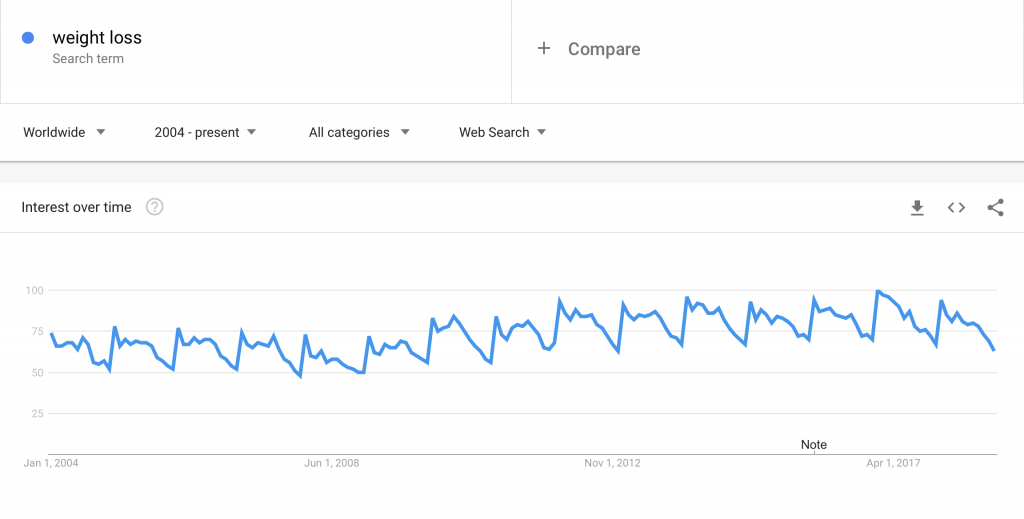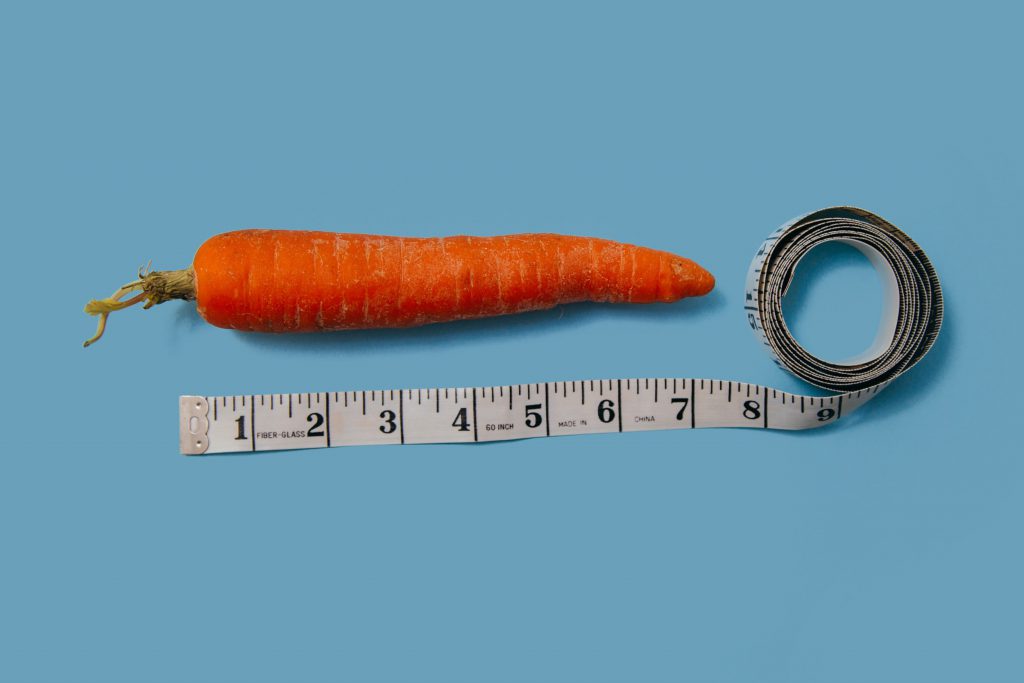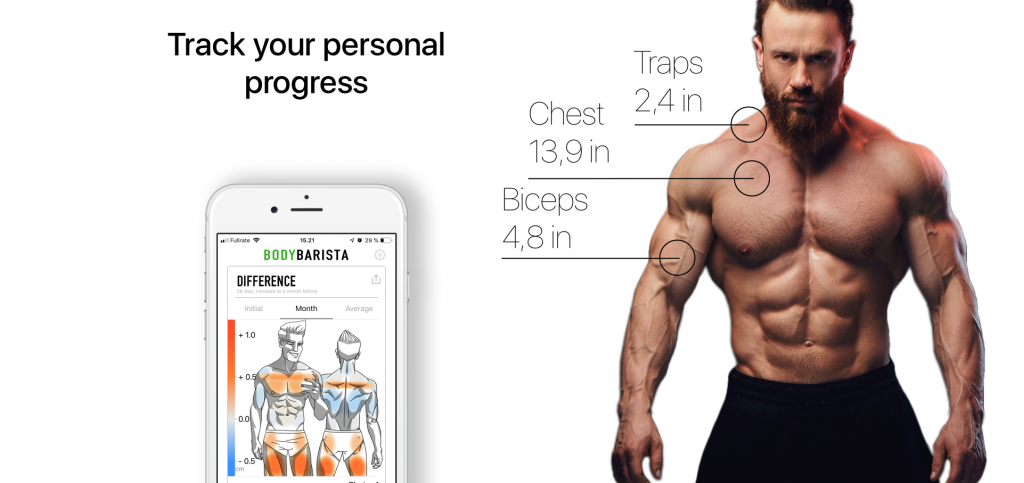The science of weight loss

Spoiler alert: no, it doesn’t involve going on a diet!
The science of weight loss

Weight loss is a widely popular topic within fitness & health, as Google is showing above. January is the peaking month, after which the interest steadily decreases, making December the low point of the year.
Most people are determined to lose weight in the beginning of the year as they are given the opportunity of a fresh start – and then, with time, they increasingly steer away from their goal as the year passes, as summer ends and they might or might not have reached their desired weight. By December, this search word is close to dead, only to be resurrected in January. The cycle goes on.
If we look at how this Google trend has developed over time, we can also see that the search volume has almost doubled from 2004 to 2018.
People have become increasingly interested in looking their best, which almost always involves losing weight. And if you’re planning to lose weight, you probably have a few ideas of how to go about it yourselve, based on tips and stories from friends, common knowledge, advertisements, etc.

How about basing it on science?
An American research makes a good case for long-term weight loss maintenance through 6 important aspects that showed consistent results throughout all study cases.
If you’re planning to lose weight, you most likely want results that will stick. Too many diets and weight loss programs end up with results that last for a couple of months before you regress to the weight you started with. So long-term weight loss is a priority.
Here is what the research found makes or breaks a long-term weight loss journey:
- Engaging in high levels of physical activity
- Eating a diet that is low in calories and fat
- Eating breakfast
- Self-monitoring weight on a regular basis
- Maintaining a consistent eating pattern
- Catching “slips” before they turn into larger regains
According to the research, if you are planning to lose 10% of your body weight and maintain the weight loss for 1 year of more, you should follow the recommendations above.
Some of the guidelines above are old knowledge. Exercising regularly is no surprise, neither is eating healthy, which is basically eating a low fat and low calorie diet.
Eating breakfast might sound new, and the recommended meal consists of cereal and fruit. Self-monitoring of weight and measurements might be relatively new to anyone reading this. Here is how this is explained.
Monitoring your weight & measurements
When it comes to monitoring measurements, 44% reported to monitoring their weight at least once a day, and 31% said they weighted themselves at least once a week. This frequent monitoring would allow them to catch small weight gains and correct them before they became bigger “slips”.
Guideline no 4 is closely related to no 6, catching slips before they turn into larger gains. By regularly monitoring your body, you get to notice even the smallest changes and can most likely trace them back to a behavior, like cutting gym, eating out more often, indulging on sugary drinks too many times, etc. Before it becomes a weight loss problem, you actually get to correct it and get back on track on your weight loss journey.
In support of that, another recent study shows that weighing yourself every day gives you more control over your measurements and leads to greater weight loss.
Monitoring your weight & measurements = long-term weight loss?
Apparently so.

The research used the scale as the main monitoring tool, but the fact is, whatever tool you use that can show the changes in your body is just as useful. A tape measure can show you the changes in inches or cm, broken down to each body part. A caliper will show your Body Fat %, a body scanner has the potential to show your entire body mass in %. BodyBarista can show you your progress in inches via a smartphone.
Whichever tool you use, just make sure you stick to it, use it regularly, and coupled with the rest of the 6 aspects of long-term weight loss maintenance, you’ll be on your way to success.
Anyone out there planning to start taking their measurements regularly?
Comment with your motivation & tips!